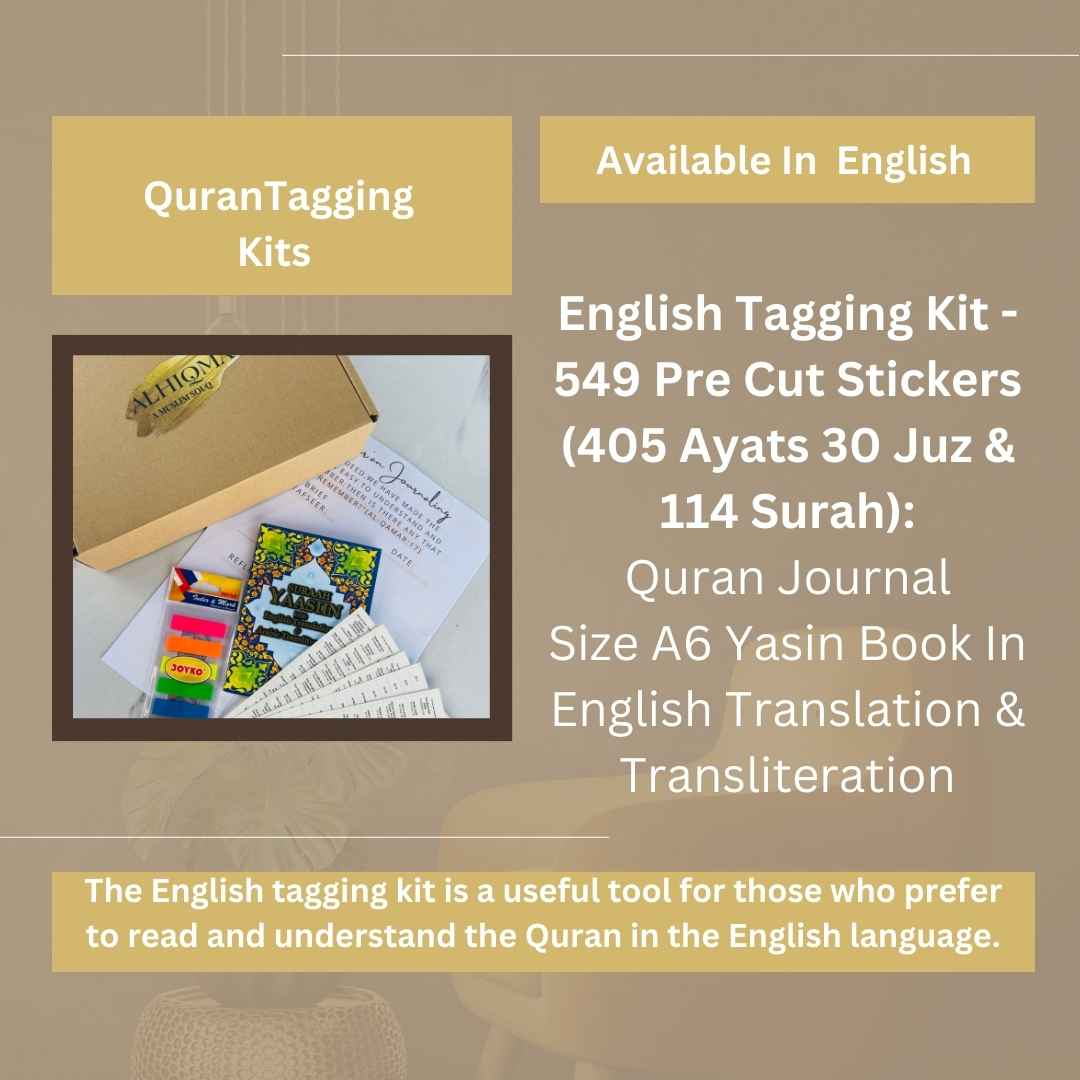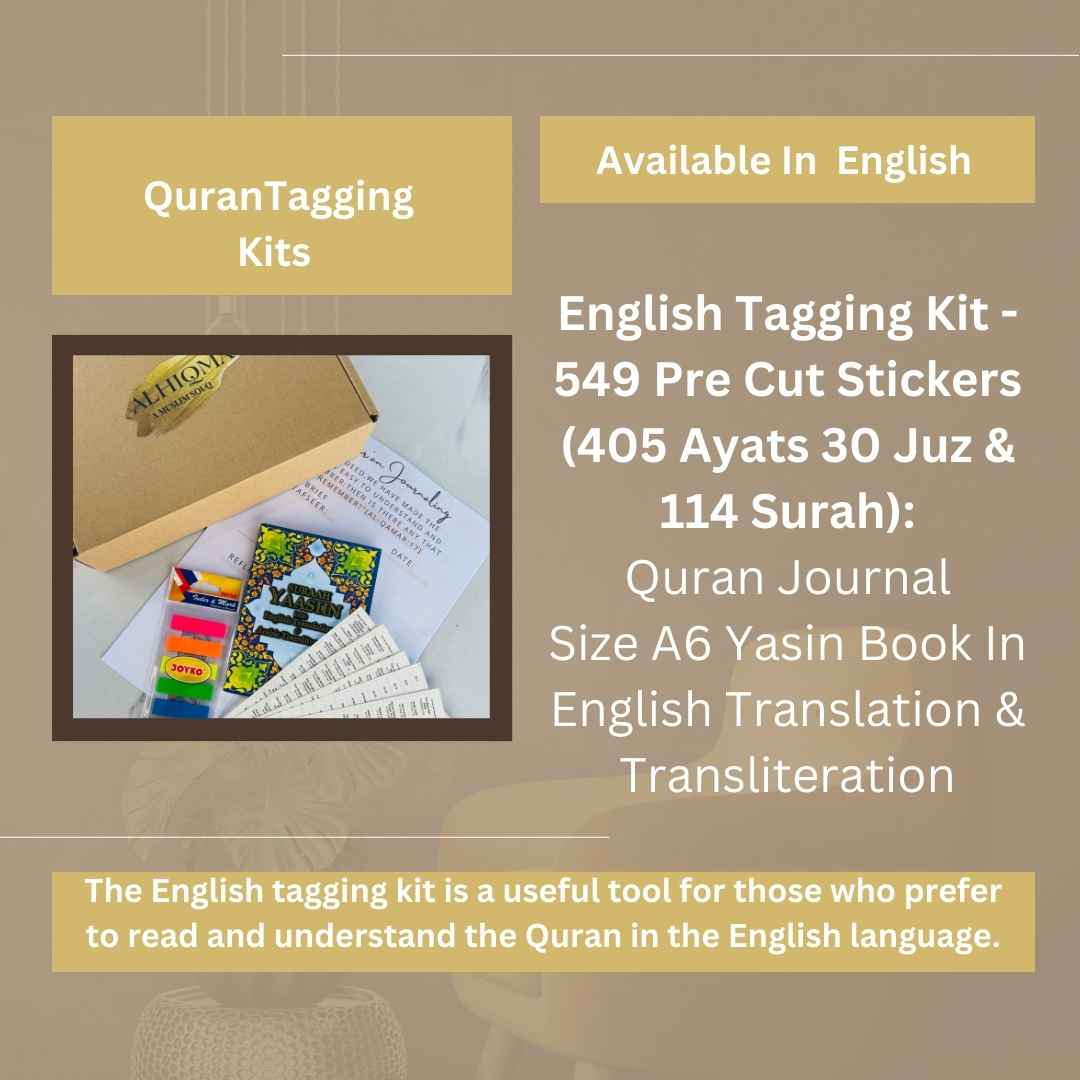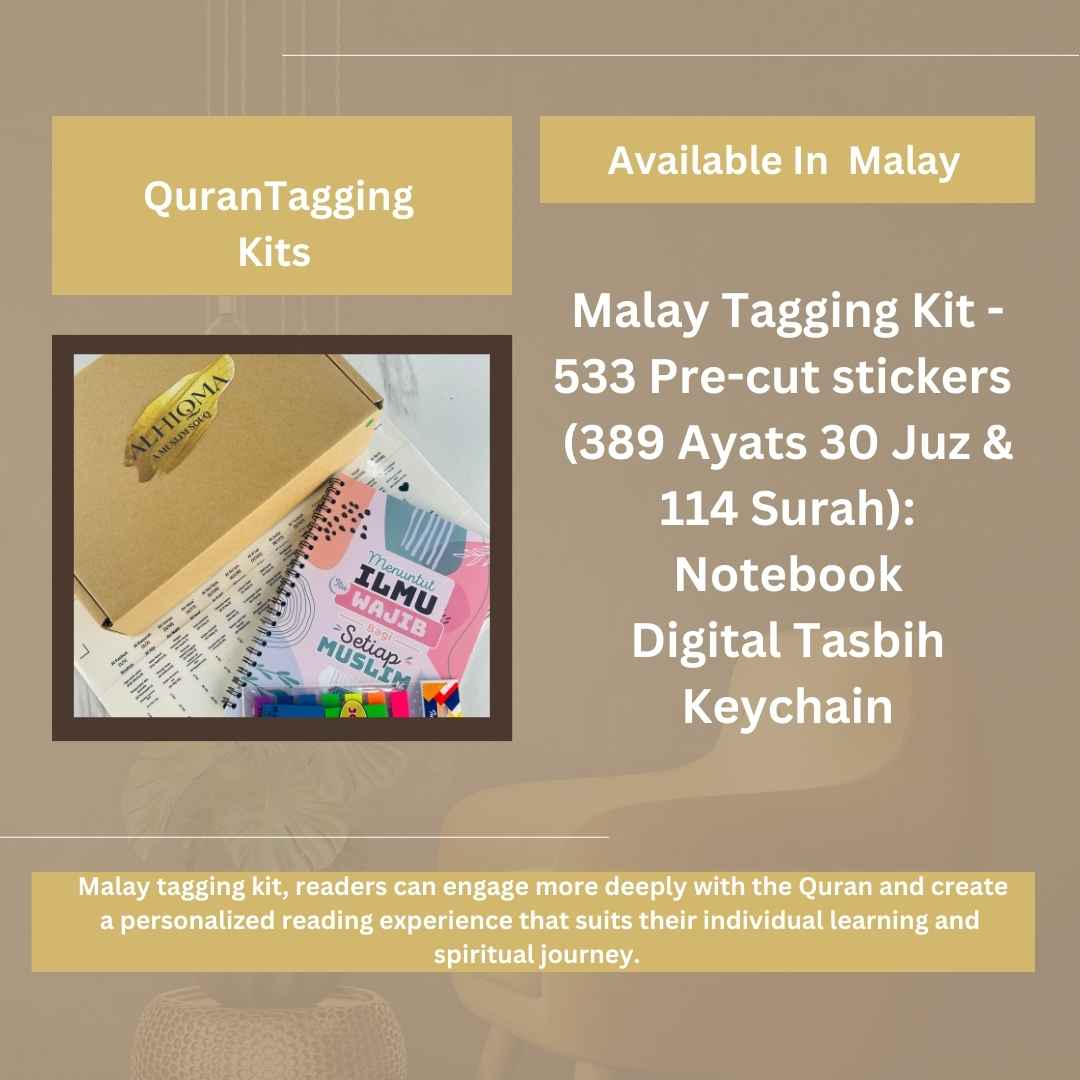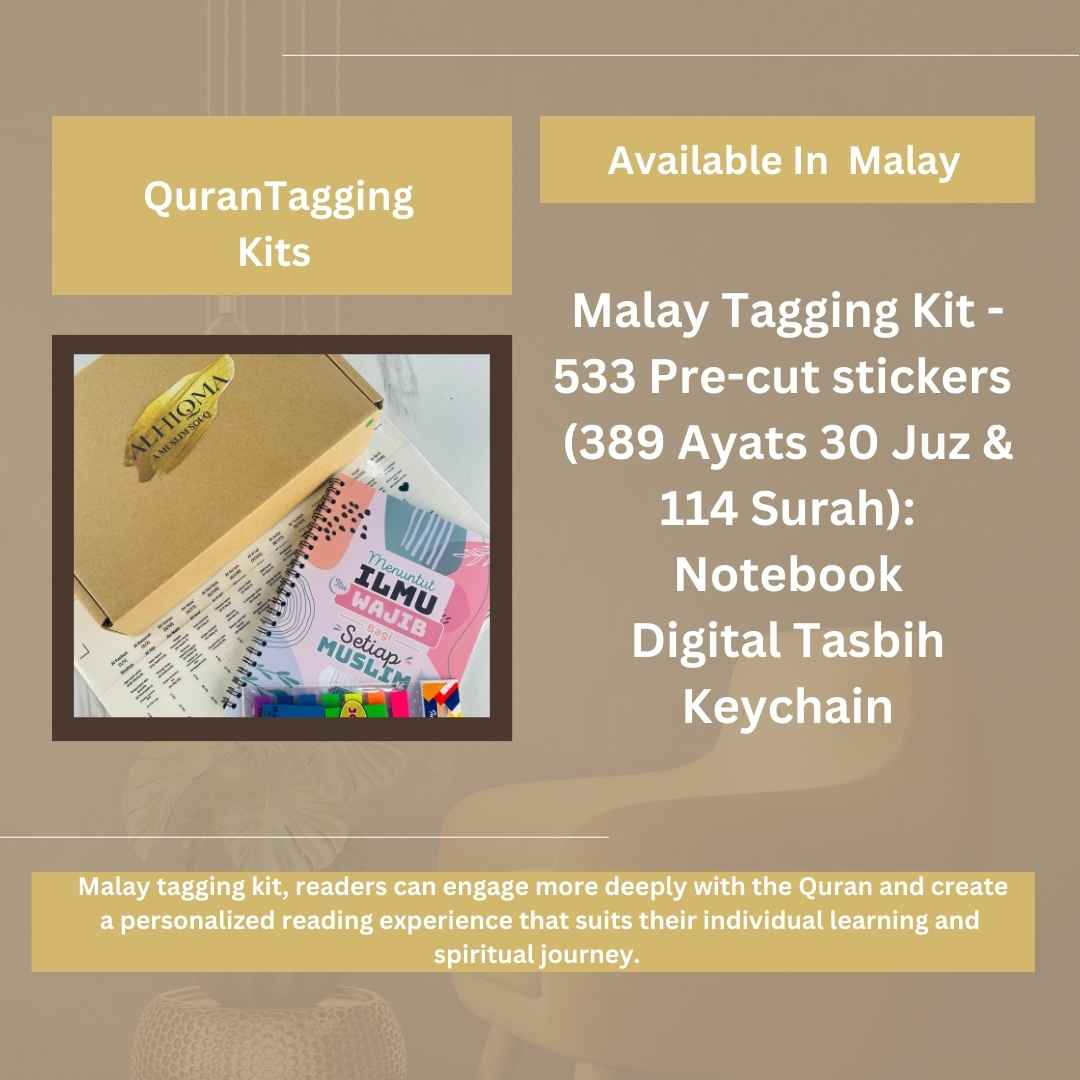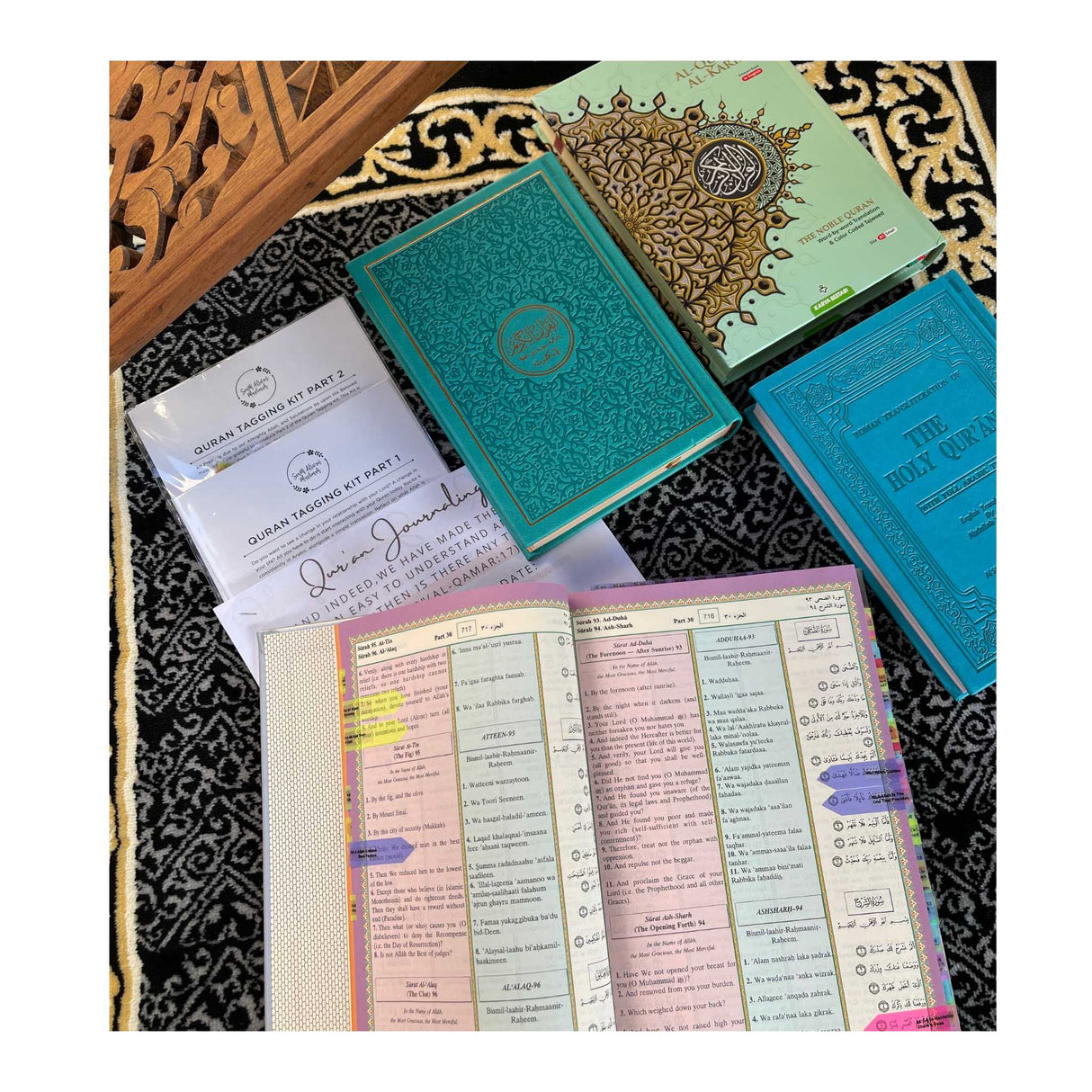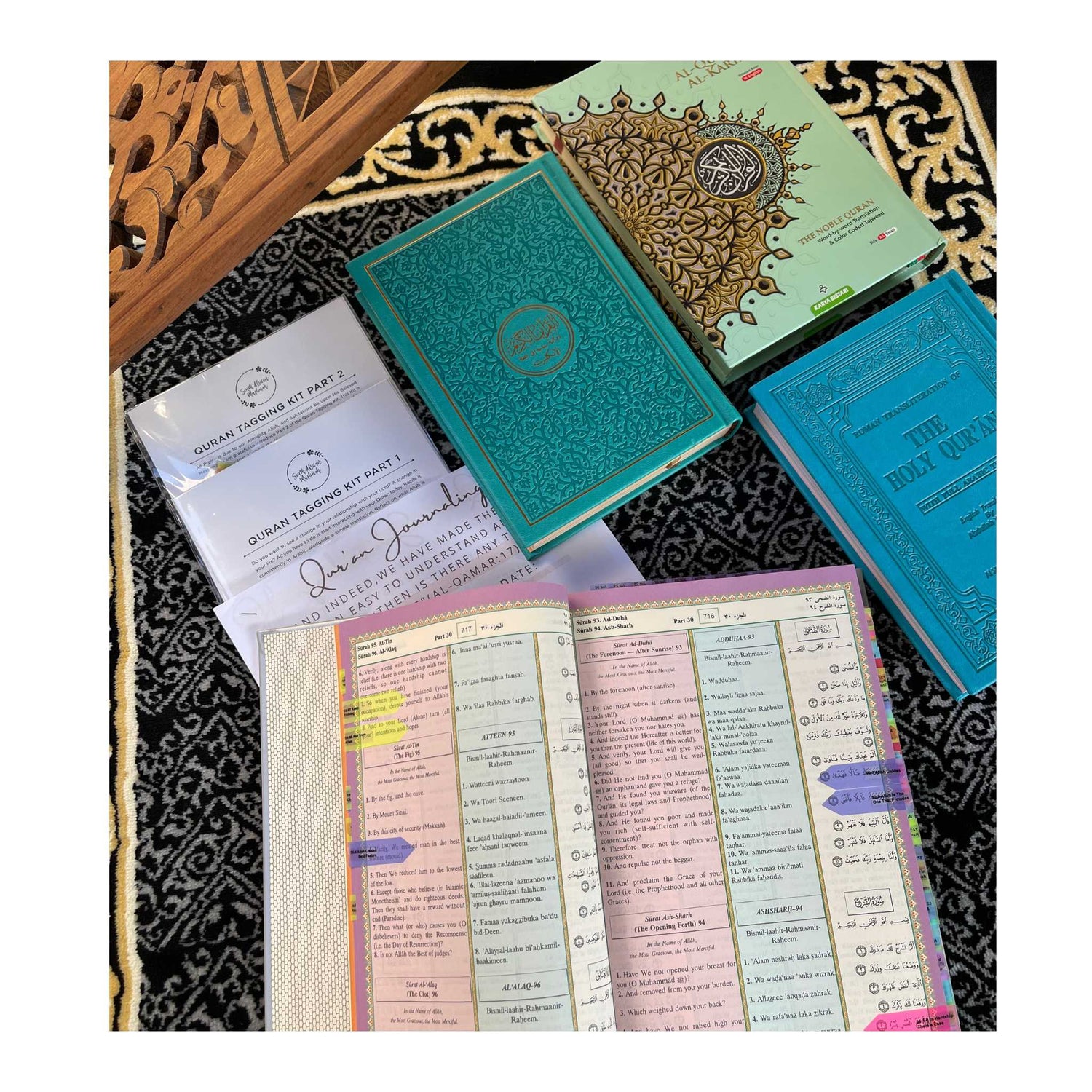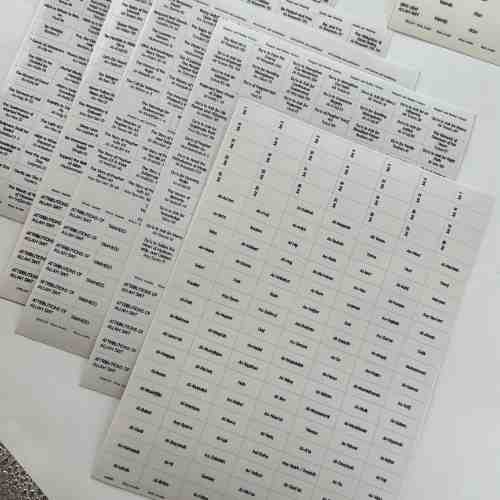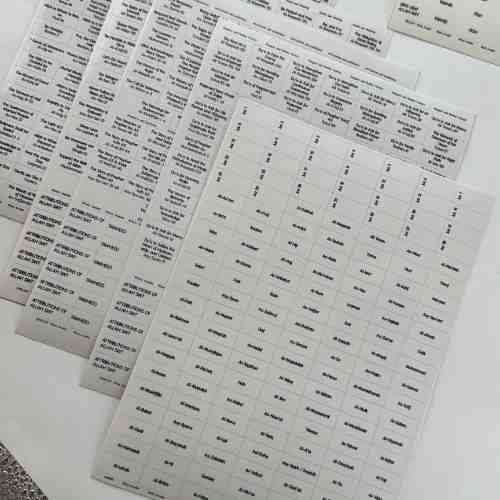Key Takeaways:
- Divine Power Over Human Trickery: Allah's command to Musa demonstrates the supremacy of divine power over human deception.
- Validation of Prophethood: The miracle of Musa's staff swallowing the magicians' illusions confirms the truth of his prophethood.
- Triumph of Truth: These verses highlight the ultimate victory of truth over falsehood.
This Verse Means:
Verse 117:
"And We inspired Moses, 'Throw your staff,' and behold! It swallowed up their falsehoods."
This verse describes Allah instructing Musa to throw his staff, which then transforms into a serpent that consumes the false snakes created by Pharaoh's magicians. The Arabic term "swallowed" (تَلۡقَفُ) implies a swift and complete victory, emphasizing the overwhelming power of Allah’s miracle.
Verse 118:
"Thus the truth was established, and their doings proved in vain."
This verse confirms the outcome of the confrontation: Musa's miracle demonstrated the truth of his mission, rendering the magicians' tricks worthless and establishing the superiority of divine intervention.
Quick Tips for Daily Life:
- Seek and Uphold Truth: Strive to discern and uphold the truth in all aspects of life, as Musa did.
- Trust in Divine Power: Have faith in Allah's power and plan, especially during difficult times.
- Regular Quran Recitation: Engage with the Quran daily to stay connected to Allah’s guidance.
- Implement Quranic Teachings: Apply the principles and teachings of the Quran to everyday situations.
- Reflect on Quranic Stories: Ponder the lessons from Quranic stories, finding parallels to personal challenges.
- Strengthen Faith Through Knowledge: Deepen your understanding of the Quran through study and reflection.
- Practice Gratitude: Regularly express thankfulness for Allah’s guidance and blessings.
- Support Community: Participate in charitable activities and uphold social responsibility.
- Maintain Regular Prayer: Use daily prayers to seek ongoing guidance and strengthen your connection with Allah.
- Share Knowledge: Teach Quranic lessons to others, spreading beneficial knowledge.
- Cultivate Integrity: Ensure your actions align with your beliefs, demonstrating your faith through righteous conduct.
- Seek Continuous Improvement: Regularly self-reflect and seek ways to enhance your character in line with Quranic teachings.
Related Verses:
- Surah Al-Anbiyâ (21:18): "Rather, We dash the truth upon falsehood, and it destroys it, and thereupon it departs."
- Surah Ar-Ra'd (13:17): "He sends down water from the sky, and the valleys flow according to their measure, and the torrent carries a swelling foam..."
- Surah Al-Isra (17:81): "And say, 'Truth has come, and falsehood has departed. Indeed, falsehood is [by nature] ever bound to depart.'"
- Surah Al-Furqan (25:31): "And thus have We made for every prophet an enemy from among the criminals. But sufficient is your Lord as a guide and a helper."
- Surah Ash-Shu'ara (26:45): "Then Moses threw his staff, and at once it devoured what they falsified."
- Surah Al-Baqarah (2:60): "And [recall] when Moses prayed for water for his people, so We said, 'Strike with your staff the stone.' And there gushed forth from it twelve springs..."
Frequently Asked Questions:
Q: What is the main message of Surah Al-A'raf 7:117-118?
A: The main message is to demonstrate Allah’s supreme power over human abilities, validate the prophethood of Musa, and highlight the triumph of truth over falsehood.
Q: How can we apply the lessons of these verses in daily life?
A: By being honest in all dealings, avoiding corruption, promoting social justice, and trusting in Allah’s wisdom and power.
Q: What are the consequences of rejecting divine guidance as shown in these verses?
A: The verses illustrate that rejecting divine guidance leads to severe consequences, including divine punishment and societal downfall.
Q: Why is ethical conduct important in Islam?
A: Ethical conduct is crucial as it reflects a believer’s faith and adherence to Allah’s commands, promoting justice and fairness in society.
Q: How does this passage emphasize monotheism?
A: The miracle of Musa's staff showcases Allah's unique and unparalleled power, reinforcing the belief in His oneness and the rejection of any form of idolatry.


